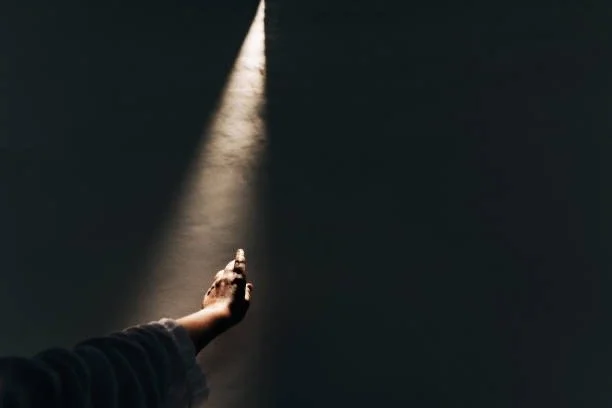Legal Coverage for Plant Sacraments
Sacred Seed Sanctuary operates under the protections granted by the Religious Freedom Restoration Act (RFRA) and related legal precedents that safeguard the sincere, sacramental use of plant sacraments in religious worship.
As a legally recognized religious organization, we exercise our constitutional right to incorporate these holy sacraments into our ceremonies as acts of worship, prayer, and communion with the Divine.
RFRA Protections
Under RFRA, the government may not substantially burden the free exercise of religion unless it demonstrates both:
A compelling governmental interest, and
That it is pursuing that interest through the least restrictive means possible.
This law has been instrumental in protecting churches and religious organizations whose worship includes entheogenic sacraments.
Legal Precedent
Multiple federal cases — including the U.S. Supreme Court ruling in Gonzales v. O Centro Espírita Beneficente União do Vegetal (2006) — have affirmed that sincere religious use of plant sacraments is protected under U.S. law. Other rulings at federal and appellate levels continue to strengthen this legal foundation.
Our Commitments
To maintain both spiritual integrity and legal protection, Sacred Seed Sanctuary upholds the following practices:
Membership Requirement: All sacramental participation is reserved for registered members of our church who affirm their alignment with our beliefs.
Ceremonial Protocols: All sacraments are received only in prayerful, ceremonial, and intentional settings under the guidance of ordained facilitators.
Education & Preparation: Members are provided with teachings and consent protocols to ensure respect, safety, and spiritual alignment.
Respect for Law: While our practices are constitutionally protected, we remain mindful of local and federal regulations and operate in good faith within our rights under RFRA.
Our Ongoing Dedication
Sacred Seed Sanctuary is devoted to walking in spiritual truth while protecting the rights of our members. Through reverence, education, and community accountability, we safeguard both the sanctity of our sacraments and the freedom of religious expression.


